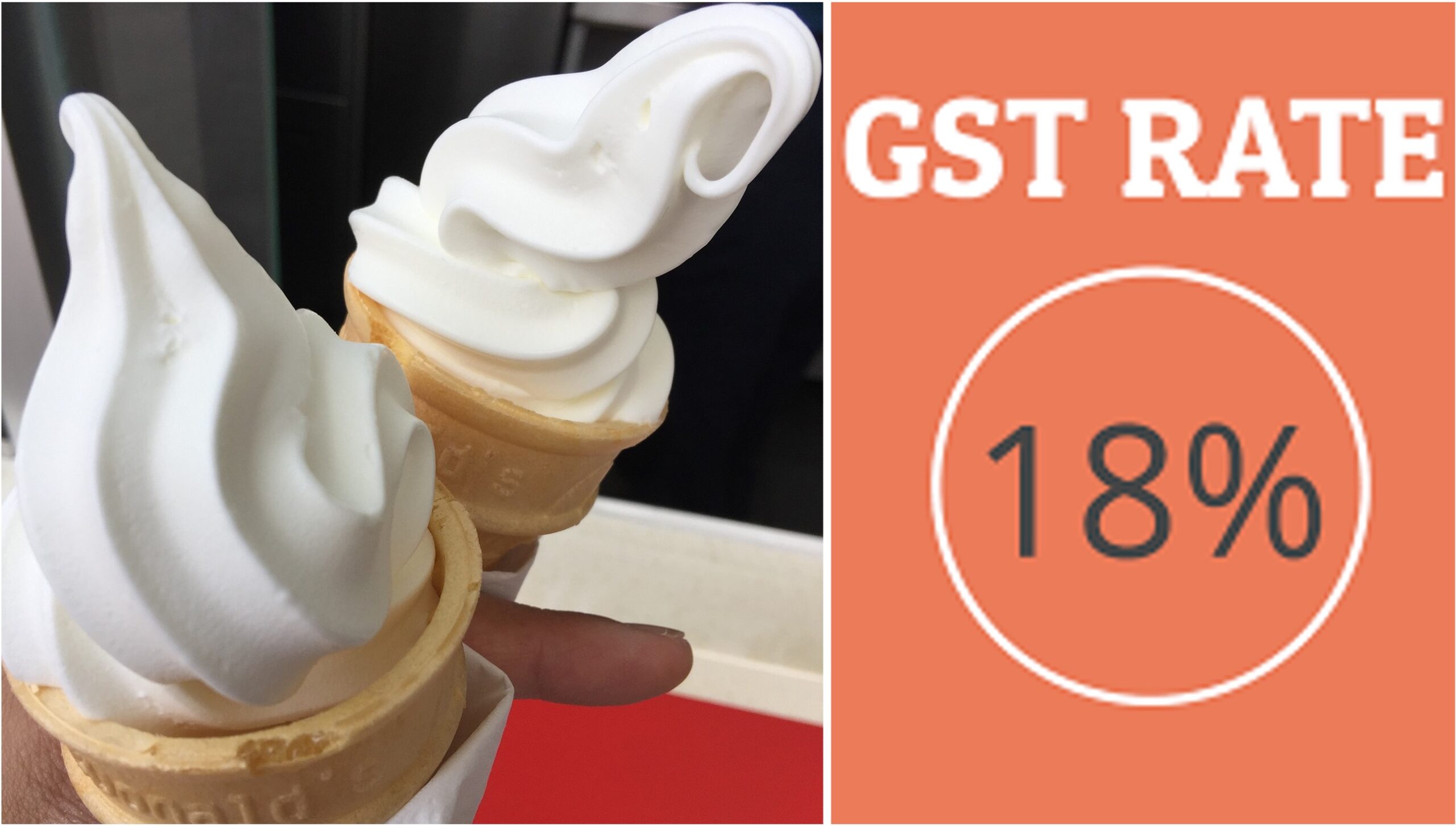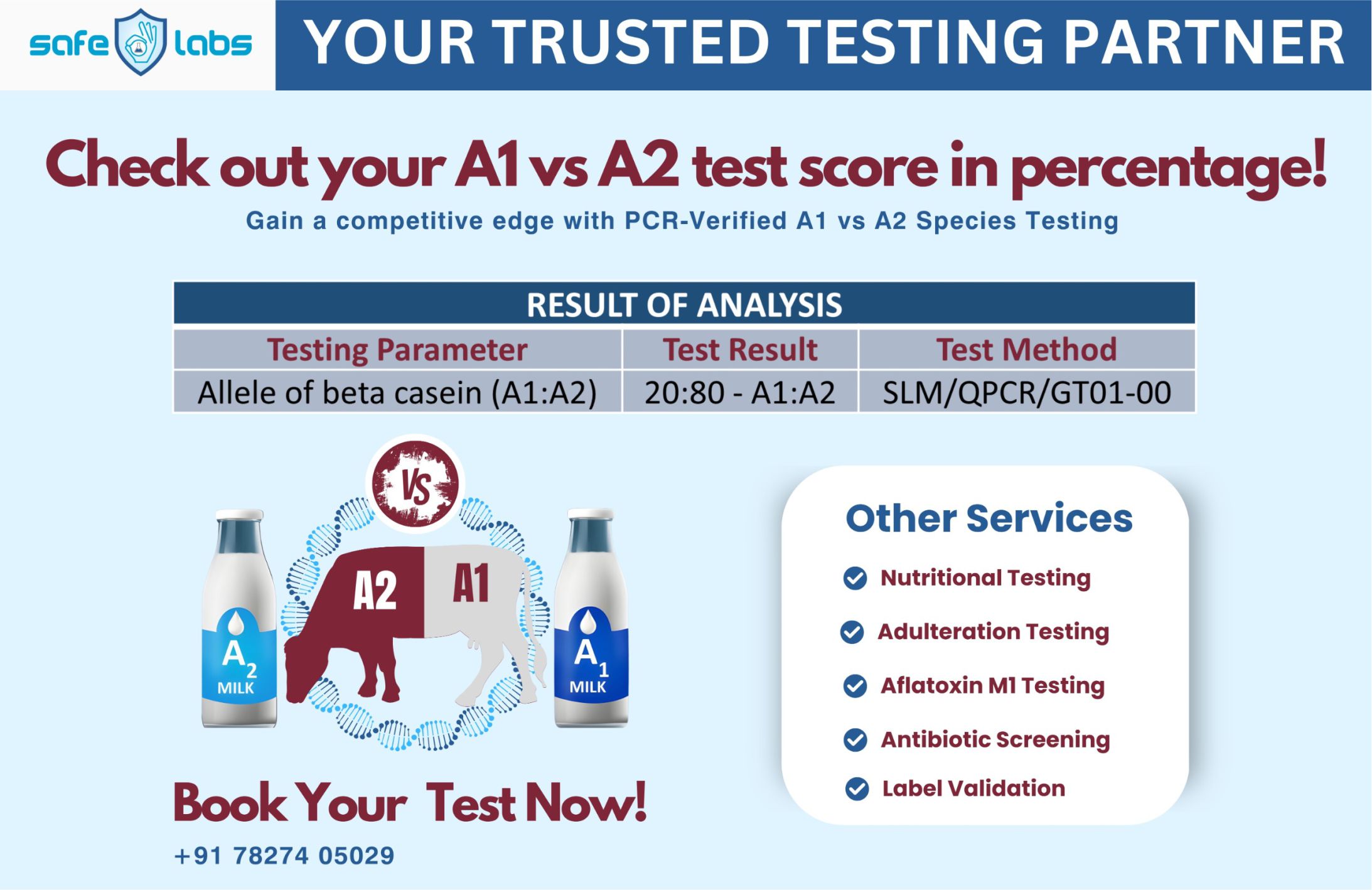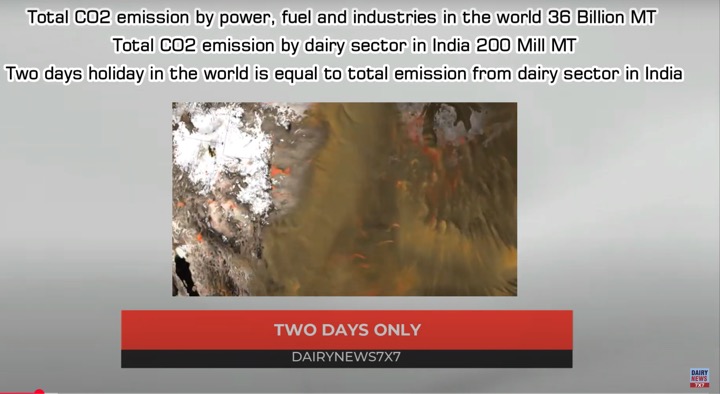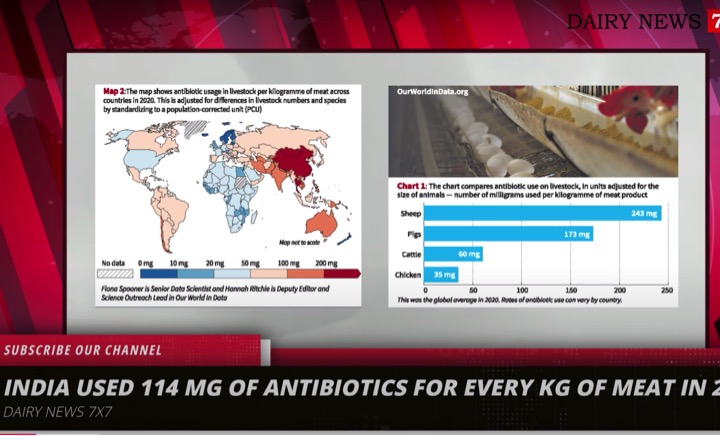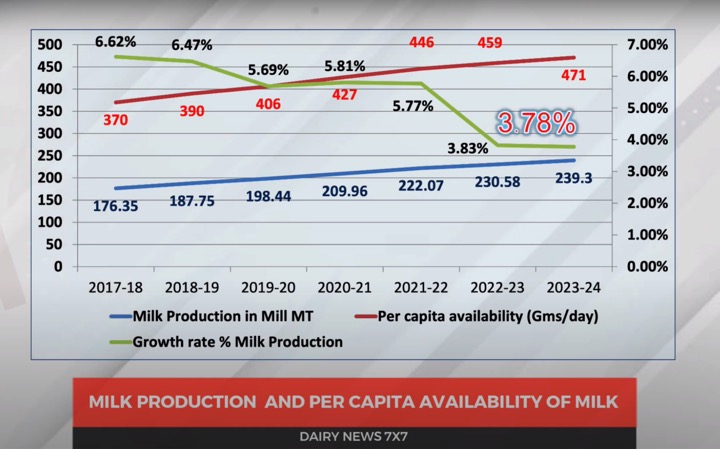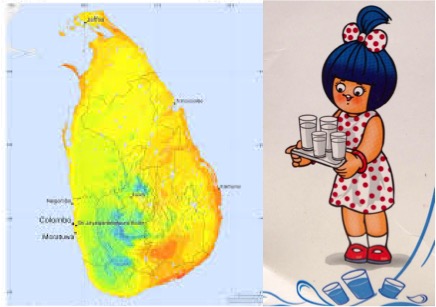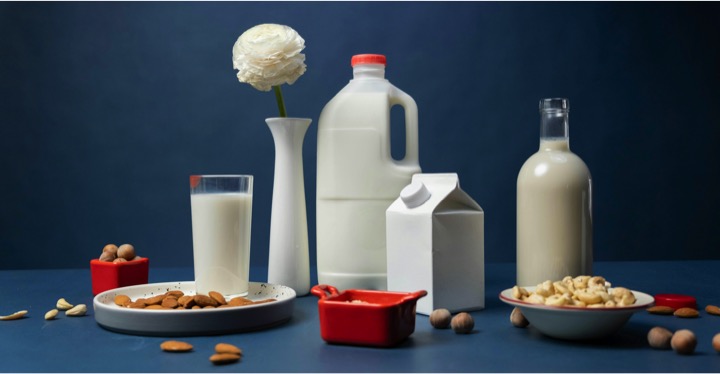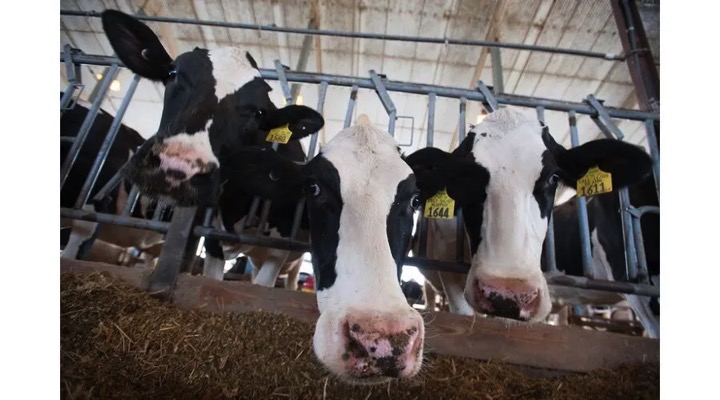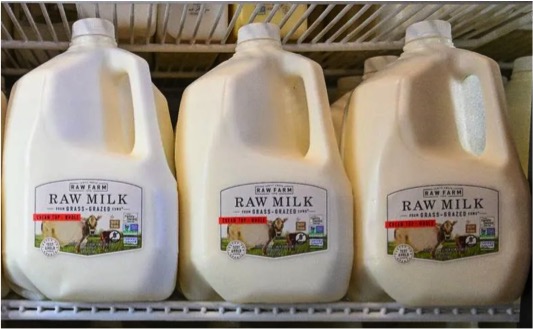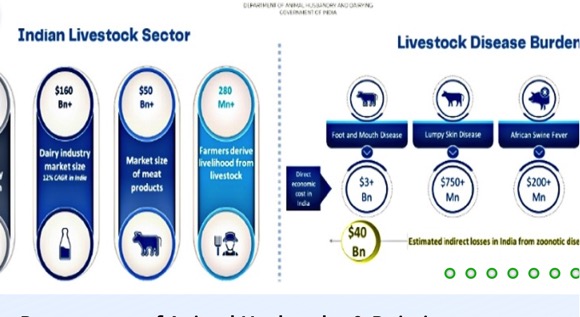Softy ice cream mix in vanilla flavour is not a dairy product and will attract 18 per cent GST, Rajasthan bench of Authority of Advance Ruling has said.
VRB Consumer Products Pvt Ltd had approached the AAR on the taxability of vanilla mix in powder form which will have 61.2 per cent sugar, 34 per cent milk solids (skimmed milk powder) and 4.8 per cent of other ingredients, including flavouring substances and salt.
The Authority of Advance Ruling (AAR) observed that each ingredient has a specific role to make the soft serve smooth and creamy in texture. Further, it is also conclusive that not only that contents of the product, but also the processing done in the soft serve machine also play a vital role in giving smooth and creamy texture characteristic of soft serves.
As per GST law, food preparations subjected to further processing for human consumption attract 18 per cent tax. Also preparations consisting of milk powder, sugar and any other added ingredients, powder for table cream, jellies, ice cream and similar preparations, also attract 18 per cent GST.
“It is also evident that the product in question cannot be termed as a dairy produce,” the AAR said.
Thus, the product ‘Vanilla Mix’– dried softy ice cream mix (low fat) in vanilla flavour will attract 18 per cent GST.
AMRG & Associates Senior Partner Rajat Mohan, said the ruling emphasised that the product’s major ingredient is sugar, not milk solids, making it a processed food preparation rather than a dairy-based product.
“The classification was influenced by the product’s intended use in soft serve machines and its additional ingredients like stabilizers and flavoring agents. This decision underscores the significance of dominant ingredients and manufacturing processes in determining GST classification,” Mohan added.
AKM Global, Partner-Tax, Sandeep Sehgal said this ruling stands in contrast to the Supreme Court’s decision in Amrit Foods, where the court classified ‘milk shake mix’ and ‘soft serve mix’ for institutional sales as “dairy produce” under Chapter sub-heading 0404.90. “The divergence between these rulings underscores the complexities businesses face when classifying products for GST purposes, highlighting the importance of ingredient composition and product usage in determining tax liability,” Sehgal added.


